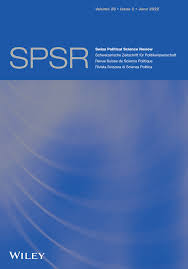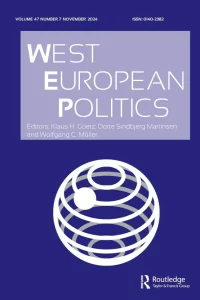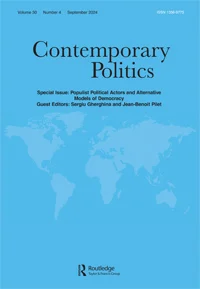Voting for a candidate that is no longer alive at the time of election may be considered a wasted vote. Nevertheless, there are instances in which such a vote means to overcome the legal limitations and choose how to be represented. This article aims to illustrate how such a behavior can be calculated when citizens vote for a dead candidate to nullify an electoral law that they consider unfair. This is driven by what we call electoral process nullification, which is the political equivalent of jury nullification. We use evidence from the local elections organized in September 2020 in a Romanian commune of approximately 3,000 inhabitants. A dead candidate won the elections with 64% of the votes. Our results draw on semi-structured interviews with people who voted for that candidate.





